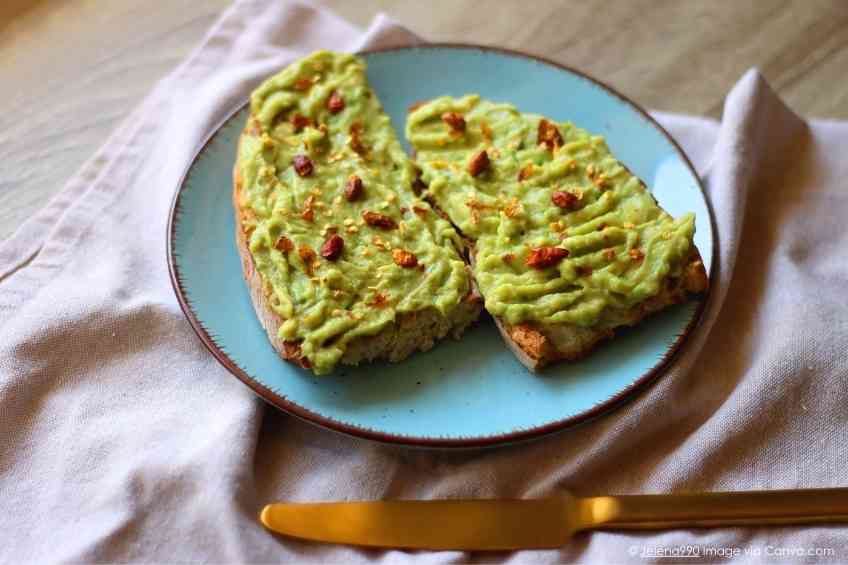By Sean Zucker –
Thanksgiving is nothing if not a memorable day. For some, they’ll reminisce about the huge meal or full slate of NFL action. Others will look back in horror at the chaos of the kitchen and trying to provide for so many family members. Rarely is it the holiday’s potential mental and emotional health boost that comes to mind. Maybe it should. Psychologist continue to praise the positive impact the gratitude-based holiday has on mental health.
Psychology Today laments the argument that the gratitude demonstrated during Thanksgiving counteracts toxic emotions and increases happiness. According to the outlet, displaying gratitude increases feelings of happiness and decreases depression by enhancing empathy and reducing aggression. It does this by combatting toxic emotions, such as envy, resentment, victimization and cynicism therefor promoting more positive social interactions and developing new connections, while limiting or altering negative relationship patterns that may have previously halted growth and produced deteriorating mental side effects.
Accepting gratitude equally promotes healthy gains notes Psychology Today. By positively acknowledging, expressing and responding to gratitude, individuals develop the ability to more easily accept and appreciate love from partners, family members and friends. This helps offset the common critical inner voice that warns that accepting love puts a person in danger of being hurt, therefore discouraging someone from being vulnerable and trusting of others. This inner voice often develops in childhood as a defense mechanism but can limit an adult’s ability to have close relationships, Psychology Today explains.
Mental health counselor Sarah Rumpf agrees, arguing that for those struggling with depression, anxiety or a recent hardship can benefit from showing gratitude and appreciation on Turkey Day. “Studies have shown the positive effects of gratitude, including increased optimism, decreased depression and aggression, increased self-esteem, improved motivation, and healthier relationships,” she writes. “As you prepare for your Thanksgiving celebration, take some time to consider the good parts about your life. This is not being dismissive of the very real and difficult parts. On the contrary, it is a practice of seeing through the negative into the positive.”
Recent research out of The University of Southern California (USC) not only backs these claims but suggest they may only be the tip of the iceberg. Led by Glenn Fox, an expert in the science of gratitude at the USC Marshall School of Business, the researchers examined the connection between gratitude and an array of benefits including better sleep, more exercise, reduced symptoms of physical pain, lower levels of inflammation, lower blood pressure, stress relief and healthier social bonding. Using Fox’s early work featuring studies that looked at how gratitude manifests in the brain, the university was able to determine that feelings of grateful induced an increase of oxytocin levels, a chemical that promotes social ties.
Additionally, Fox’s research supports the connection between gratitude and overall healthier wellbeing through improved sleep and happier feelings. And he claims it’s all part of our evolutionary process and drive toward progression. “Gratitude is such a key function of our social lives and our evolution as a species,” Fox said. “People who did not develop gratitude or grateful relationships with others, it’s very unlikely they would have survived in a social context.”
So while reveling in that post-Thanksgiving dinner food coma – be thankful. Not just in the spirit of the day but because it’s for your own good.













